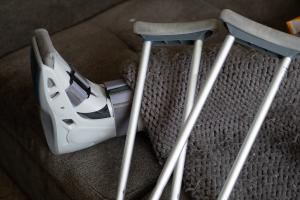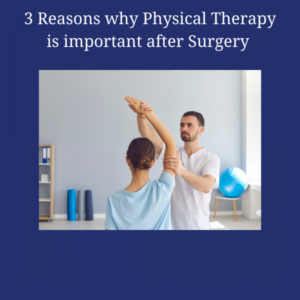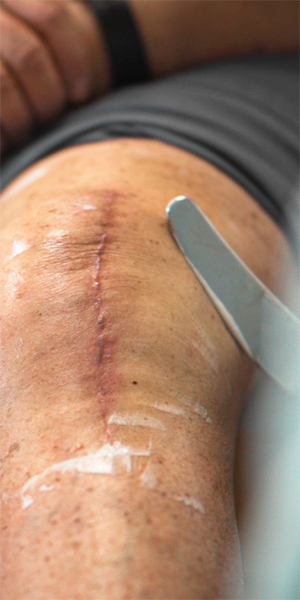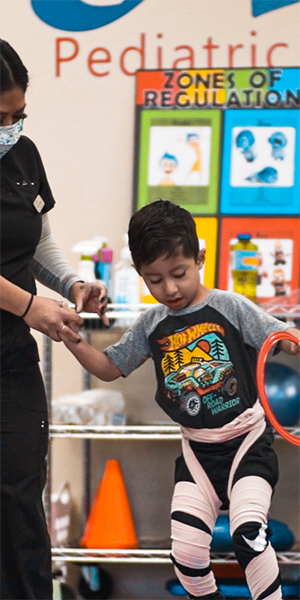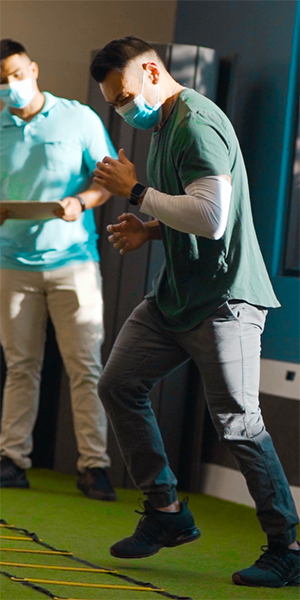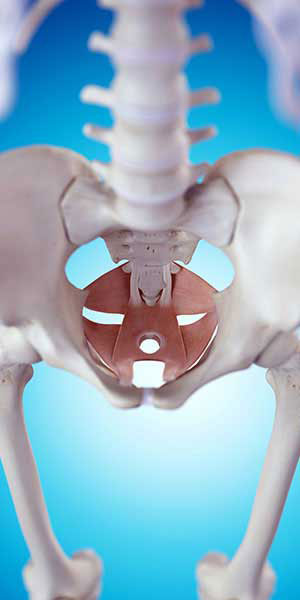Surgery can make you feel nervous, perhaps even scared. It’s not an easy topic to talk about especially in the middle of a pandemic. Restrictions on who can go with you to appointments, who’s allowed in the same room as you, social distancing around others, financial preparations, and being able to check off the requirements set by your doctor prior to surgery are extremely scary and hectic.
Sometimes, your surgeon will order pre-hab, or in other words, therapy before surgery for certain injuries and conditions. WHAT? WHY? HOW is that helpful? Won’t that just make everything worse and cause more pain? I thought physical therapy happens after surgery?
Having patients participate in pre-hab has been a fairly common practice amongst surgeons for years.
There can be a variety of reasons a doctor orders therapy before surgery but it comes down to two things:
1. The patient will benefit from gentle exercises, counseling, and advice on what to expect after surgery. This helps get each patient in the right frame of mind and set them up for a successful recovery.
2. The patient may improve enough that they avoid having surgery! This may seem unlikely but it happens fairly often where the patient works hard and progressively improves to the point where they are functional and happy about their quality of life.
It’s not a magic potion; it’s the magic of physical therapy. Physical therapy is a practical way of not only getting in your daily workout, but helping your body build muscle to withstand an operation or treatment without resorting to loads of tablets or capsules. Now, we’re not saying don’t take your medication, always follow your doctor’s orders, but physical therapy can be a supplement to reduce your risk of other adverse health conditions.
Physical therapy before surgery is meant to:
1. Decrease pain:
This research article from the American Pain Society investigated the effects of physical therapy in carpal tunnel vs surgery, “this randomized clinical trial found that surgery and physical therapy consisting of manual therapies… patients assigned to physical therapy experienced significantly greater relief of symptoms and improvements in hand function at 1 and 3 months (Fernandez et al., 2015 ) .” Physical therapy was just as effective in relieving acute pain as surgery in the first three months.
2. Decrease the amount of time and money you spend getting back to normal:
According to Lokapavani et al. (2014), “ pre-operatively it shortens the recovery period after surgery, minimizes the effect of development of secondary complications and it also prepares the subject for surgery both physically and mentally.” Preoperative physical therapy in women who had mastectomies has proven to have a significant impact on their physical and mental well-being.
3. Help soft tissues around the proposed surgical area get stronger before getting cut into:
“The cohort treated with preoperative rehabilitation consisting of progressive strengthening and neuromuscular training had higher functional outcomes and RTS [return to sport] rates compared with the benchmark cohort (Failla et al., 2016).” This research article from the American Journal of Sports Medicine supports that physical therapy for ACL reconstructions prior to surgery helps build muscle for the long term. Meaning, years after surgery, you’re better off compared to just having physical therapy after surgery.
Although physical therapy won’t cure all your ailments, it can really help get your mind and body ready for surgery and the grueling, time-consuming recovery. You can ask your physical therapist about what to expect after surgery, this can include how to properly set up a crutch or walker, how to get in and out of bed or car, or to simply ask for their support through the healing process. Your physical therapist will sit down with you and set goals, answer your questions, and assist you throughout the entire process. Your physical therapist will get to know you and you will get to know them, their character, values, even their family. The trusting relationship you build with your therapist will allow you to learn what you expect of one another during treatment.
Consider physical therapy before your surgery. You may find out that you don’t need to have the procedure. However, if you do have the surgery we’ll be here to help you get back to playing with your kids, riding that bike, playing golf, or being able to walk on your own.
If you’re planning a surgery, contact any of our Optimal Therapy, an Affiliated Company locations to schedule an evaluation, and find out how physical therapy can help you achieve your goals.
References:
Failla, M. J., Logerstedt, D. S., Grindem, H., Axe, M. J., Risberg, M. A., Engebretsen, L., Huston, L. J., Spindler, K. P., & Snyder-Mackler, L. (2016). Does Extended Preoperative Rehabilitation Influence Outcomes 2 Years After ACL Reconstruction?: A Comparative Effectiveness Study Between the MOON and Delaware-Oslo ACL Cohorts. The American Journal of Sports Medicine, 44(10), 2608–2614. https://doi.org/10.1177/0363546516652594
Lokapavani, Y., Ragava, S., Krishna & K. Madhavi. (2014). INFLUENCE OF PRE-OPERATIVE PHYSICAL THERAPY EDUCATION AND EXERCISE ON POST-OPERATIVE SHOULDER RANGE OF MOTION AND FUNCTIONAL ACTIVITIES IN SUBJECTS WITH MODIFIED RADICAL MASTECTOMY. International Journal of Physiotherapy, 1(4), 170-177
Fernández-de-las Peñas, C., Ortega-Santiago, R., Llave-Rincón, A. I., Martínez-Perez, A., Diaz, H. F., Martínez-Martín J., Pareja, J. A., Cuadrado-Pérez, M.L. (2015). Manual Physical Therapy Versus Surgery for Carpal Tunnel Syndrome: A Randomized Parallel-Group Trial. The Journal of Pain, 16.(11), 1087-1094. https://doi.org/10.1016/j.jpain.2015.07.012

